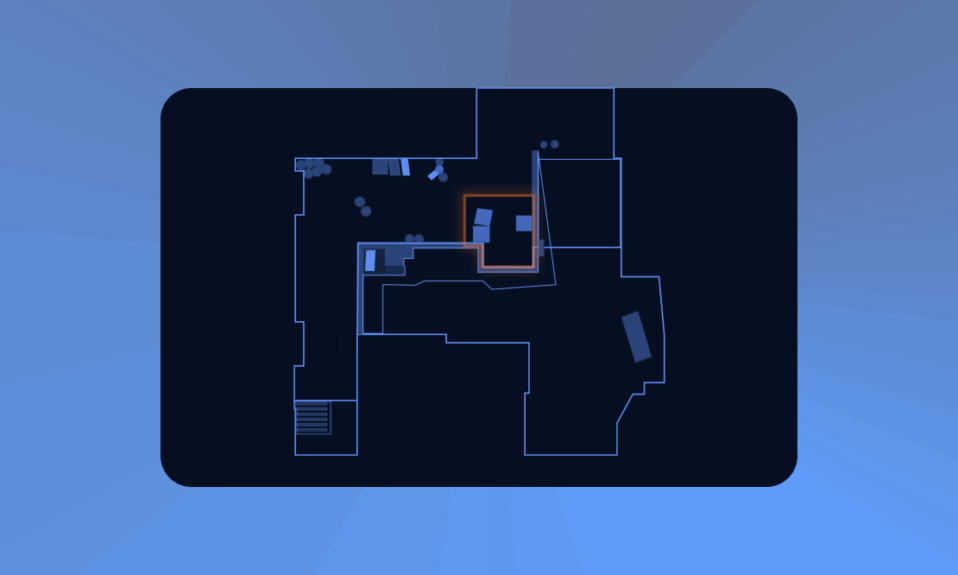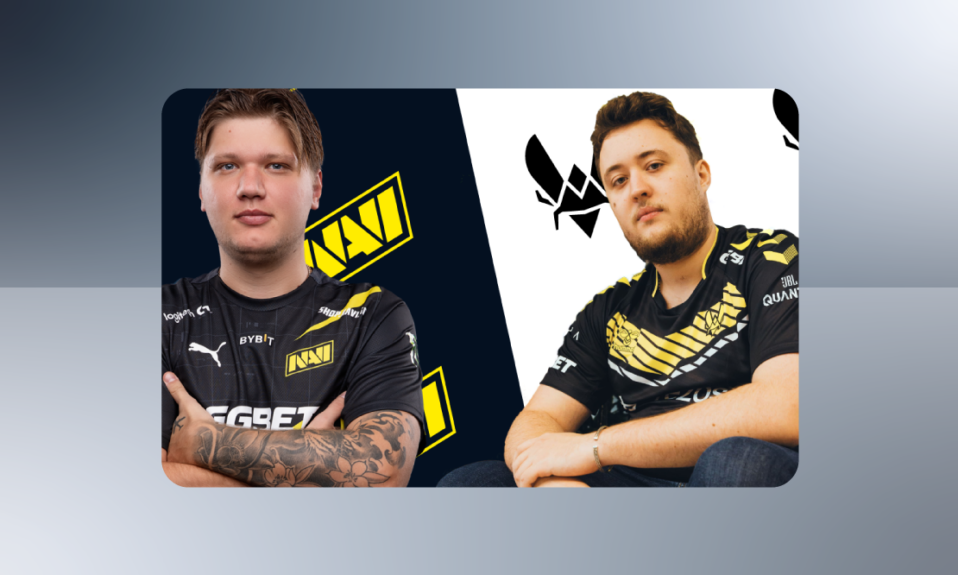
In 2023, Counter-Strike made over $1 billion from randomised loot boxes. With the sale of these loot boxes skyrocketing after the reveal and release of Counter-Strike 2, the esports community is back to wondering if loot boxes count as gambling.
In Counter-Strike, players can purchase loot boxes in the game with the chance of obtaining a desired, rare skin that’s worth money in real life. Counter-Strike skins can then be collected, traded, or sold on third-party sites that Valve mostly supports.
RELATED: How Pro’s react to Counter-Strike 2
When CS2 launched, big-name streamers spent tens of thousands to open loot boxes, with some like Felix “xQc” Lengyel coming out on top.
But it had people wondering once again, is opening loot boxes a form of gambling?
Streaming platforms see quite young demographics, which means that the discussions around loot boxes sometimes enter the field of gambling. Can loot boxes lead to addictions or inspire children to form unhealthy habits? Is it harmful for them to see their idols, such as influencer xQc, win big?
RELATED: How tournament changes in Counter-Strike 2 can impact sportsbooks
Are Loot Boxes Legal?
For the most part, loot boxes are legal. Players can purchase them and sell the skins they pull without much of an issue. But this has slowly been changing.
In 2018, Belgium and the Netherlands decided that loot boxes were an illegal form of gambling. This shocked CS:GO players at the time, but it seemed to be pretty isolated. The rest of the world continued to purchase loot boxes without any concern until December of 2023.
An Austrian court ruled against Valve regarding the legality of loot boxes in Counter-Strike 2. In this landmark case, Valve was ordered to refund over $15,400 to a player who spent that amount on loot boxes. The court explained that the random nature of loot box contents is the equivalent of illegal gambling since you need to use real money, and there’s a profit potential.
While this case hasn’t become legally binding just yet, it speaks to the growing concern over loot boxes and in-game gambling in competitive games.
RELATED: What Counter-Strike 2 means for Abios’ customers
Twitch has already banned gambling streams, although this rule hasn’t seemed all too strict in the past few months. This was due to big influencers speaking up against streamers like xQc, who would visit online casinos and play betting games while livestreaming to a young audience. xQc has admitted to having an addiction but explained that he’s “rich enough” to be “mentally ill.” Other streamers and esports pros, however, have admitted to going bankrupt over gambling addictions.
In an X post opening up about his gambling addiction, Dota 2 pro Tommy “Taiga” Le stated: “
“Every day was a nightmare, thinking about what I had lost and worked so hard for. All the hours and years that I spent on grinding went to waste just like that in the span of a couple months.”
For now, loot boxes seem to be legal or unregulated in most jurisdictions, meaning they haven’t been regulated under gambling legislation. While some countries have tried and succeeded in banning some forms of loot boxes, they’re still largely available in Counter-Strike and other video games.
Nonetheless, loot boxes in video games are surrounded by controversy. Governments worldwide have increasingly looked into ways of regulating the in-game monetisation method, which might very well affect how we see loot box mechanics working in the future.







